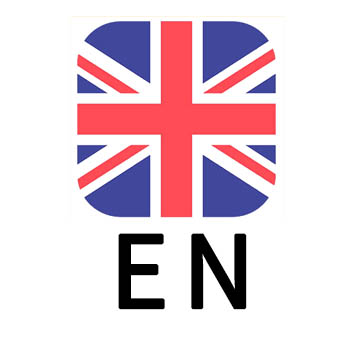
Partnerships That Begin Through Dialogue
Hi, I’m Ichiki of Sync Logistics.
In this issue, I’d like to talk about the importance of dialogue in our industry while looking back at the early days of the used car export industry in Japan.
■The early days of the used car export business
The used car export business in Japan started in the 1970s. It began when Pakistani and Sri Lankan nationals who lived in Japan sourced and bought vehicles that were about to be scrapped for a low price, and exported them. Because they were earning profits of about 100,000 to 200,000 yen (around 200,000 to 400,000 yen today) per vehicle at almost no cost to them, the number of exported vehicles rapidly increased as more newcomers entered this “lucrative business.”
However, at the time, regulations and mechanisms for exporting used vehicles were not yet in place. Since it was a time when there were more and more exports because customs documents and procedures were not needed unlike today,
- vehicles were being left behind in yards;
- there were attempts at exporting stolen vehicles;
- shipping fees were not being paid
by some exporters, and many port operators suffered losses. To improve this situation and to promote the smooth and sound export of used vehicles, laws and regulations were implemented.
■Exporters and logistics providers are destined to be partners
Because the used car export industry during its early days was rather chaotic, I think the relationship between exporters and logistics providers may have been somewhat dry. There were only a few people who were proactively trying to build trusting relationships through dialogue, who were trying to cooperate and become business partners.
However, exporters and logistics providers are destined to be partners. If the process of selling a car to transporting it is smooth, more cars can be exported, and business for both parties will grow. Conversely, even if many cars are sold but cannot be transported, or if there are no mechanisms in place that makes it easy to sell cars, then there will be missed business opportunities.
The used car export market fluctuates greatly due to natural disasters, infectious diseases and pandemics, and the political situation in countries where cars are exported to. These are things beyond the control of anyone involved in Japanese used car exports, and they’re not things that anyone has to answer for. This is precisely why we as partners need to have cooperative systems in place in order to deal with changes in various situations and risks.
■The key to market expansion is dialogue
I believe that the first step in building cooperative and trusting relationships is dialogue.
These are the things I practice on a daily basis:
- Exchange and share opinions on each country’s situation and market outlook
- Ask customers what issues they are having trouble with and their project’s current condition
- Think about how to make exports go smoothly and what I can do for customers
- Propose alternatives and solutions to problems and avoiding risks
I try to keep doing these things whether the market is good or bad.
Thankfully, as we continued our dialogue, those who listened to my proposals and could relate gradually increased, and we naturally formed partnerships that would make us grow our businesses together and cooperate with each other over the long-term.
Ultimately, the information we each have is merely a “dot.” By continuing the dialogue and giving each other information, the dots will connect to form lines, and the lines will bind, forming a three-dimensional path to solutions.
I hope more open dialogue will take place among stakeholders throughout Japan. I believe if we can build stronger cooperative and trusting relationships through dialogue, our industry can change into one that’s more resilient toward market changes.
The Japanese used car export market still has potential. To fully draw out demand and expand the market, it is crucial for all stakeholders to cooperate in order to reduce lost opportunities, and create more strategic mechanisms for exporting vehicles.
Thank you for your time.






